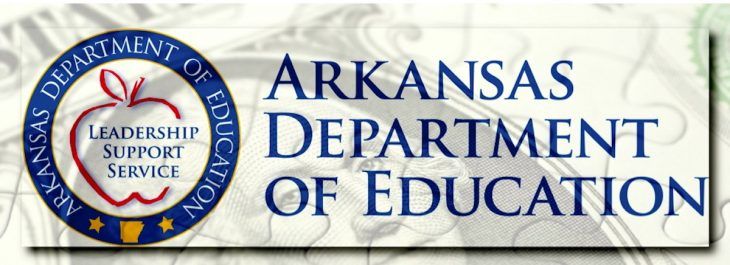Bill would require schools to reduce $790 million in bank
by February 20, 2017 4:56 pm 623 views

Arkansas’ public school districts had more than $790 million in net legal balances at the end of 2016. A bill filed last week would require more than half to reduce their savings or move them into a building fund.
House Bill 1575 by Rep. Mark Lowery, R-Maumelle, would require districts to ensure their ending net legal balances were no more than 20% of the annual revenues that go into those balances. Districts with more than 20% would have five years to reduce those balances or lose equivalent state funding. The school district would be able to file a waiver request with the education commissioner “under an unusual and limited circumstance.”
Net legal balances are the combined balance for districts’ teacher salary funds, operating funds and debt services minus categorical funding for lower-income students, alternative learners, English language learners and staff training. Combined, school districts had net legal balances of $790.1 million at the end of 2016, an average of 19.75% of their revenues, which would be just below the amount required by the bill.
Of the state’s 234 school districts, 132 had net legal balances that exceeded 20% of revenues. The Lakeside School District in Chicot County had the highest at 102%. It had $9 million in its net ending legal balance, more than its $8.8 million in revenues that year. To reach 20%, it would need to reduce its balance $7.25 million until the balance was $1.8 million.
The next 10 highest net legal balances as a percentage of revenues were Nemo Vista (90.6%), Mineral Springs (88.6%), Shirley (83.4%), Cedar Ridge (69%), Carlisle (68%), Cedarville (65.4%), Clarendon (64.7%), Des Arc (63.9%), West Memphis (62.4%), and Armorel (61.6%).
Districts with low percentages include Alma (1.9%), Farmington (3.75%), Lonoke (4.4%), Nettleton (5.2%), Ouachita (5.9%), and Conway (6.9%).
The bill says districts could reduce their net legal balances by spending money on prekindergarten programs, remediation programs, career and technical education or workforce readiness programs, or other programs authorized by law. Districts also would be allowed to transfer funds to their building funds for a “specific new construction project.”
The specifics of that last requirement are a problem for the Arkansas Educational Administrators Association, the group that represents superintendents and other school administrators. Dr. Richard Abernathy, executive director, said districts would be better served if building fund transfers could be used for renovations and other needs. Abernathy expects the group to table the measure during a committee meeting Wednesday until it has had a chance to discuss the concern with Lowery.
Lowery said in an interview that the intent was to tie the project to a district’s strategic building plan and not to limit funding for new construction, so the bill may have to be tweaked.
“We just don’t want the building fund, the shifting of money to a building fund to be a hidey hole,” he said. “We want it to be tied to a specific project, and the project could be renovation, or it could be new construction.”
Otherwise, the bill is very similar to a recommendation made by the AAEA in January 2016, which included the 20% figure. Abernathy said his association has been training school administrators for six years on the proper use of fund balances, but there continue to be outliers. Some districts are intending to use their net legal balances for construction and simply haven’t moved it to a building fund.
Abernathy said some districts, including those with declining enrollment, tend to be more cautious about spending money for fear of falling into fiscal distress. Regardless, he said, money should be spent on students.
“When I first became a superintendent, one of my mentor superintendents told me, ‘Abernathy, the state’s not sending you that money out there, and your local taxpayers are not sending you that money out there to make a savings account. They’re sending you that money to provide services for kids and provide opportunities for kids that they wouldn’t otherwise have,’” he said.
